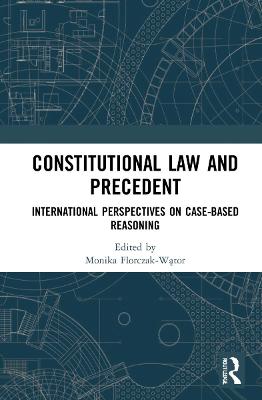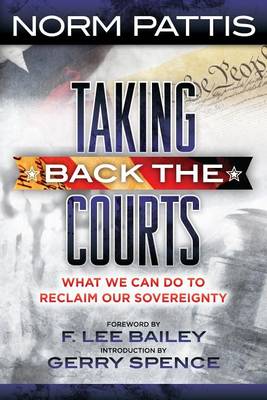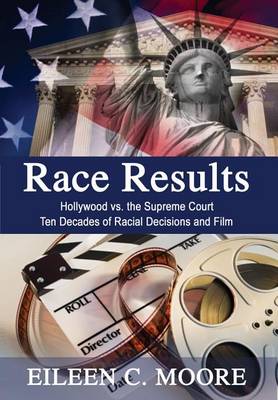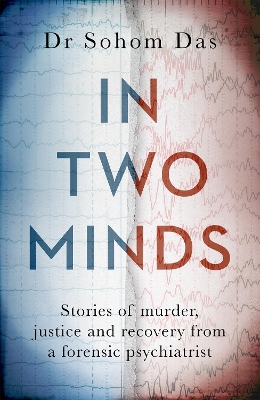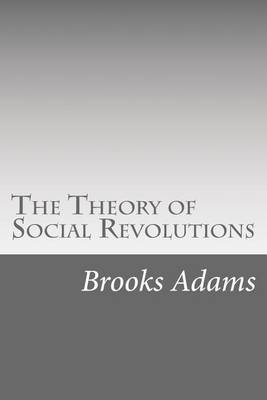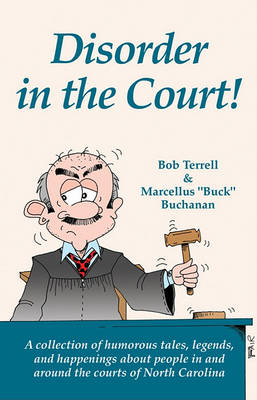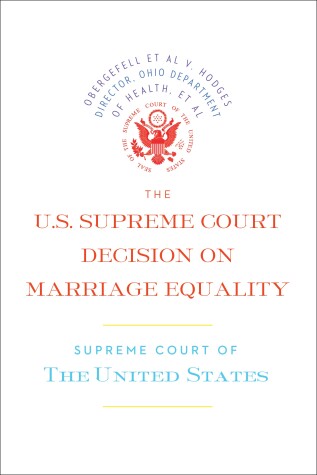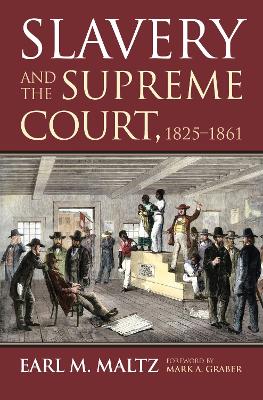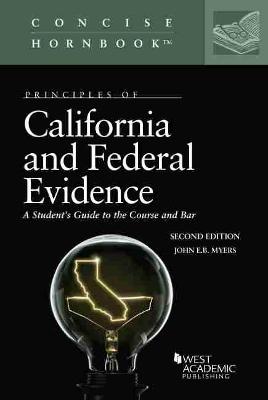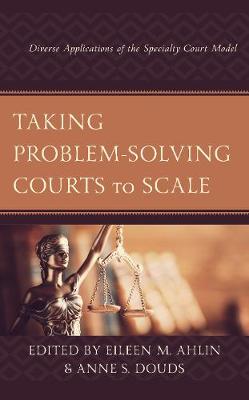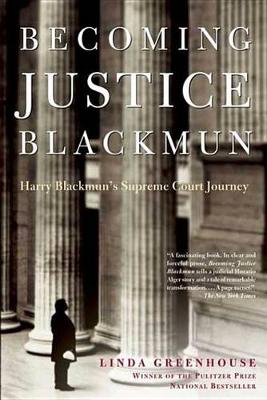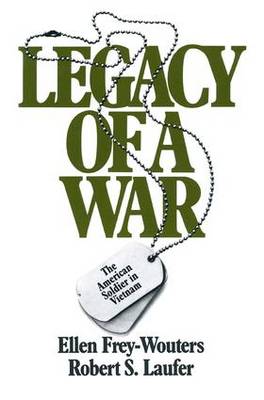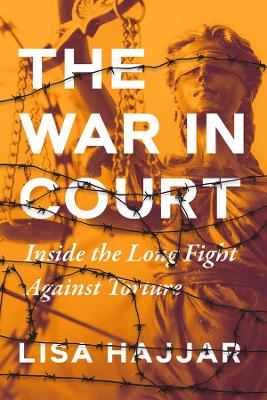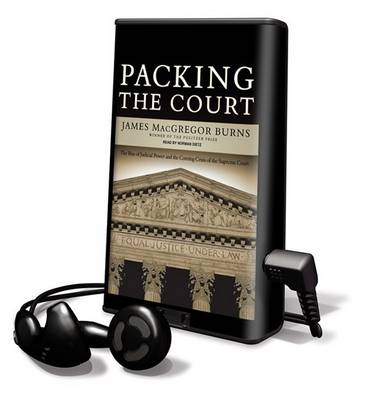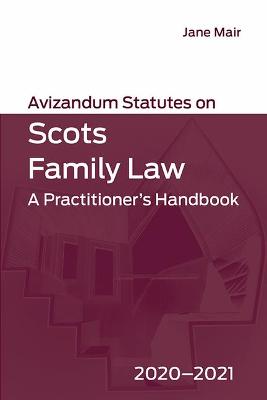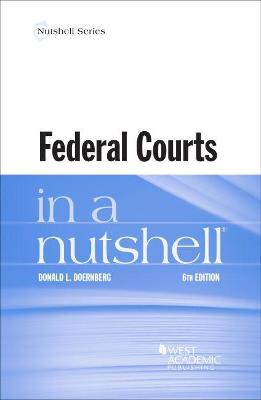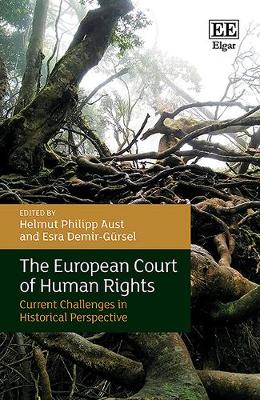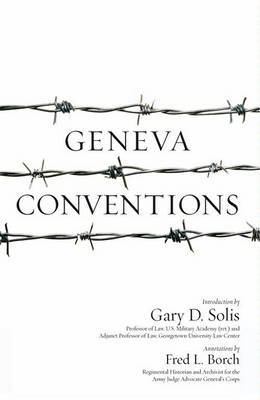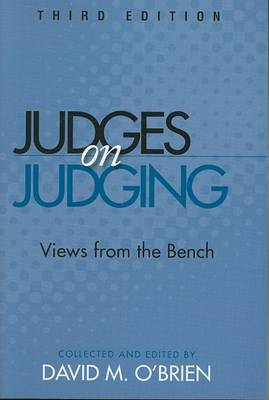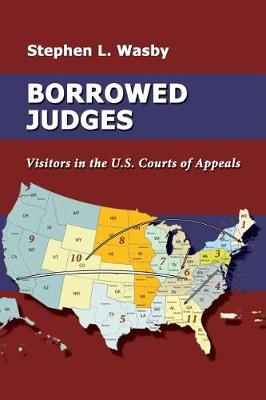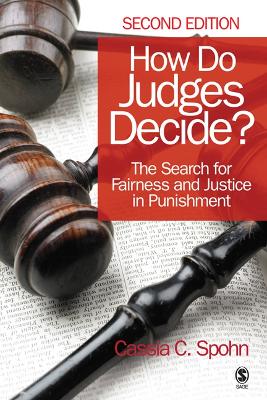Constitutional Law and Precedent
This collection examines case-based reasoning in constitutional adjudication, that is, how courts decide on constitutional cases by referring to their own prior case law and the case law of other national, foreign and international courts. Argumentation based on judicial authority is now fundamental to the resolution of constitutional disputes. At the same time, it is the most common form of reasoning used by courts. This volume shows not only the strengths and weaknesses of such argumentation,...
Race Results: Hollywood Vs the Supreme Court; Ten Decades of Racial Decisions and Film
by Eileen C Moore
'thought provoking'Gwen AdsheadShocking, eye-opening and grimly fascinating, these are the true stories, patients and cases that have characterised a career spent treating mentally disordered offenders.As a forensic psychiatrist, it's Dr Das's job to treat and rehabilitate what the tabloids might call the 'criminally insane', many of whom assault, rob, rape, and even kill. His work takes him to high-security prisons and securely locked hospital wards across the country, as well as inside courtro...
Brooks Adams was an American historian and a critic of capitalism. He believed that commercial civilizations rise and fall in predictable cycles. First, masses of people draw together in large population centers and engage in commercial activities. As their desire for wealth grows, they discard spiritual and creative values. Their greed leads to distrust and dishonesty, and eventually the society crumbles.
Insolvency Services Account (Insolvency Services Account)
The US Supreme Court Decision On Marriage Equality
by Supreme Court of the United States
The complete text of the landmark Supreme Court decision on marriage equality The 2015 Supreme Court decision Obergefell et al. v. Hodges legalized gay marriage across the United States. This edition collects the widely quoted decision by Justice Kennedy, as well as the dissents of Justices Roberts, Scalia, Thomas, and Alito. Of tremendous interest to general readers and students of American history, The U.S. Supreme Court Decision on Marriage Equality is a milestone in the history of human...
During America's turbulent antebellum era, the Supreme Court decided important cases - most famously Dred Scott - that spoke to sectional concerns and shaped the nation's response to the slavery question. Much scholarship has been devoted to individual cases and to the Taney Court, but this is the first comprehensive examination of the major slavery cases that came before the Court between 1825 and 1861. Earl Maltz presents a detailed analysis of all eight cases and explains how each fit into th...
Principles of California and Federal Evidence (Concise Hornbook)
by John E.B. Myers
Students studying evidence in California learn the Federal Rules of Evidence (FRE) and the California Evidence Code (CEC). Most California evidence professors test on both sets of rules. In particular, professors test the differences between the FRE and the CEC. Upon graduation, the essay and performance portions of the California State Bar Exam test the FRE and the CEC. As in school, the bar often emphasizes differences between the two sets of evidence rules. This book highlights the similariti...
"A fascinating book. In clear and forceful prose, Becoming Justice Blackmun tells a judicial Horatio Alger story and a tale of a remarkable transformation . . . A page-turner."--The New York Times Book ReviewIn this acclaimed biography, Linda Greenhouse of The New York Times draws back the curtain on America's most private branch of government, the Supreme Court. Greenhouse was the first print reporter to have access to the extensive archives of Justice Harry A. Blackmun (1908-99), the man behin...
A survey examines American attitudes toward the Vietnam War and the experiences and ideas that turned most people against the war.
How hundreds of lawyers mobilized to challenge the illegal treatment of prisoners captured in the war on terror and helped force an end to the US government's most odious policies. In The War in Court, sociologist Lisa Hajjar traces the fight against US torture policy by lawyers who brought the "war on terror" into courts. Their victories, though few and far between, forced the government to change the way prisoners were treated and focused attention on state crimes perpetrated in the shadow...
From renowned political theorist James MacGregor Burns, an incisive critique of the overreaching power of an ideological Supreme Court For decades, Pulitzer Prize-winner James MacGregor Burns has been one of the great masters of the study of power and leadership in America. In Packing the Court, he turns his eye to the U.S. Supreme Court, an institution that he believes has become more powerful, and more partisan, than the founding fathers ever intended. In a compelling and provocative narr...
This authoritative text lays out the constitutional and statutory sources of federal judicial authority, its limits, and how the Supreme Court directs its exercise. Some limits are constitutional, others statutory, and many others self-imposed. There is extended consideration of constitutional and statutory federal-question jurisdiction (including a step-by-step method for discovering whether an allegation is well-pleaded), diversity jurisdiction, abstention, sovereign immunity and the Eleventh...
The European Court of Human Rights
by Helmut Philipp Aust and Esra Demir-Gursel
This insightful book considers how the European Court of Human Rights (ECHR) is faced with numerous challenges which emanate from authoritarian and populist tendencies arising across its member states. It argues that it is now time to reassess how the ECHR responds to such challenges to the protection of human rights in the light of its historical origins. Written by a group of established and emerging experts from diverse backgrounds, this book offers a fresh perspective on the questions and c...
You Can't Spell Hero Without Airline Pilot
by Everyday Inspiration Notebook & Journal
Judges on Judging
Let the Judges tell your students how they reach a verdict.Thoroughly revised, with expanded historical and international coverage, Judges on Judging offers insights into the judicial philosophies and political views of those on the bench. In this wide-ranging collection, Supreme Court justices, as well as lower federal and state court judges, discuss the judicial process, constitutional and statutory interpretation, judicial federalism, and the role of the judiciary. New selections come from su...
How are sentences for federal, state, and local crimes determined? Is this process fairly and justly applied to all concerned? How have reforms affected the process over the last 25 years? Offering a comprehensive overview of the sentencing process in the United States, How Do Judges Decide? The Search for Fairness and Justice in Punishment explores these questions and more. Author Cassia Spohn first discusses the overall concept of punishment and then analyzes individual aspects of it, includin...
